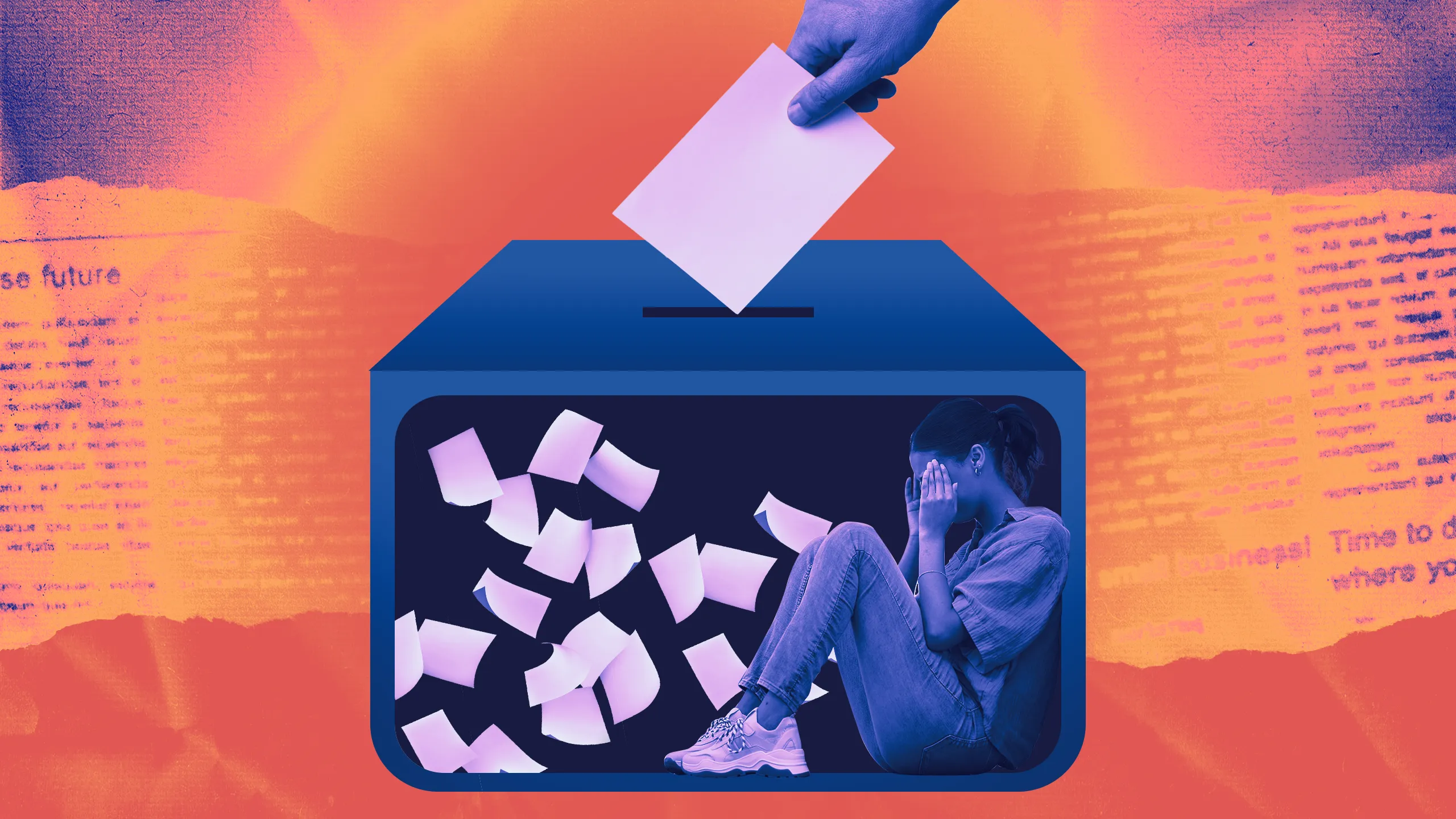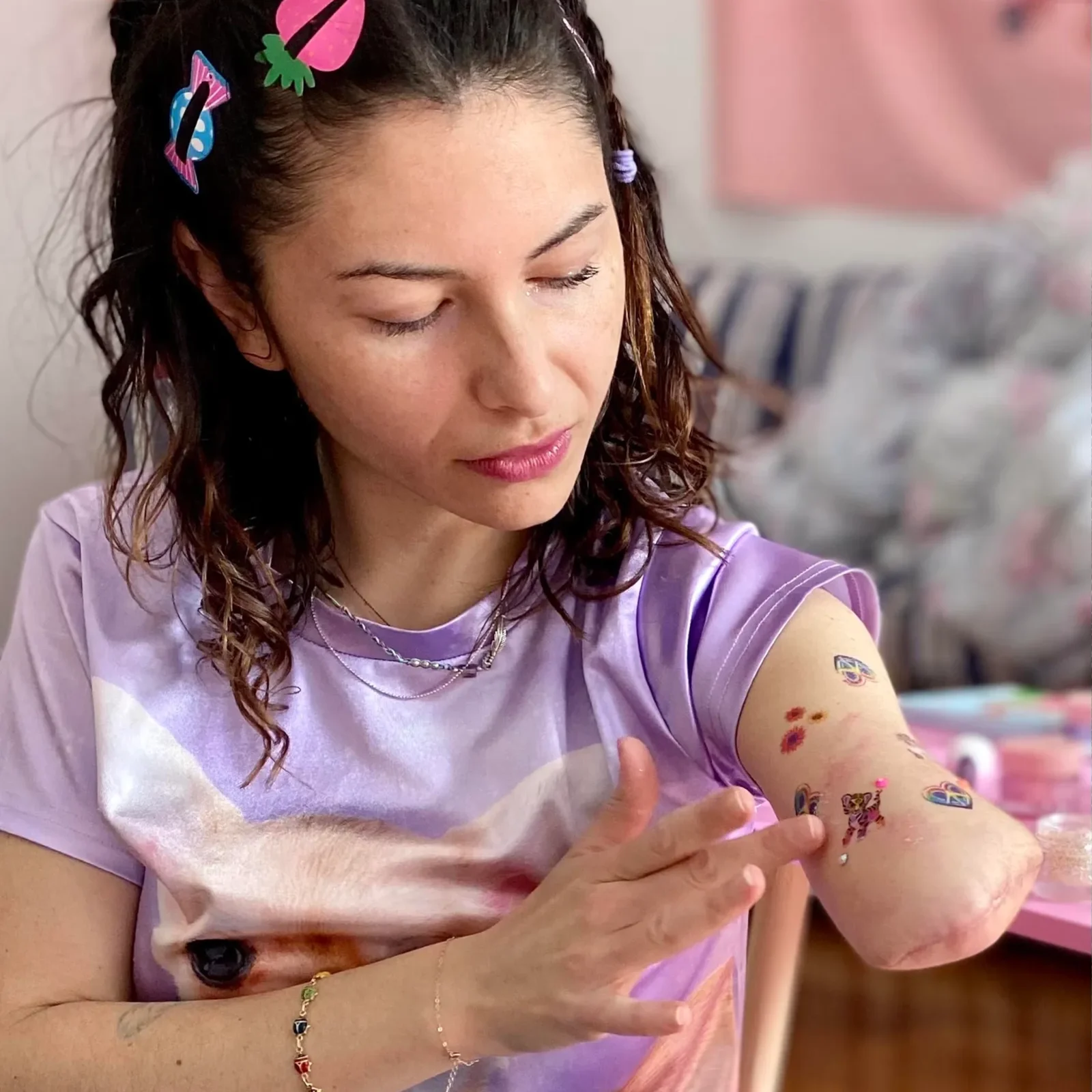Election’s Over. Why Do You Still Feel Drained?
Experts unpack why political fatigue hits hard—and how to bounce back with your peace of mind intact.
By Leira Aquino
The recently concluded elections in the Philippines were, like all election seasons, emotionally and mentally consuming. It wasn’t just about casting a vote—it was also about being swept up in an avalanche of voices, digital battles, information, and disinformation for months.
Like many others, I poured my energy into it. I engaged in healthy debates with friends, rallied support for my candidates, and stood firm in my beliefs. Because caring about the future of our country is necessary. And yet, admittedly, I find myself drained.
Why post-election fatigue is more common than you think
“The elections are not a singular day event. It involves months of discernment while being barraged with information and noise, that may or may not involve conflicts with families, friends, and even with our own personal values,” explains Claudine Faye Tecson, a registered psychologist with a Master’s degree in psychology from the University of the Philippines Diliman and almost 10 years of experience in clinical management, crisis counseling, and trauma care.
Whether you’re mourning the outcome, feeling victorious, or simply numb, the emotional and physical toll doesn’t vanish overnight—and because of this, it’s easy to lose our emotional equilibrium.
“With our limits being constantly tested and overloaded, our tolerance towards frustration can lead to us feeling extra dysregulated—meaning having more intense emotions and experiencing difficulties [in] managing how we respond to these,” Tecson says.
Why do elections feel so personal?
According to the Commission on Elections (Comelec), more than 57 million of the 68 million eligible voters—a remarkable 82.2 percent—participated in the recent midterm elections. This marks the highest voter turnout for a midterm in Philippine history, even surpassing the 75.9 percent turnout from 2019, and just a few percentage points lower than the 2022 presidential elections.
“This midterm [elections] had unconventionally high voting turnout,” says political scientist Aries Arugay, PhD, chair of the Department of Political Science at the University of the Philippines Diliman. “Typically, midterms are about 10 points lower than the presidential election, so this is considered high and that lends more to the basis that people were really emotionally invested in this election, unlike others,” he explains.
Why the intense investment? “Most ordinary Filipinos are powerless outside elections,” explains another political scientist Anthony Lawrence Borja, PhD, an associate professor at De La Salle University. “Since we are not apathetic and many would like to have a sense of control over politics, ordinary citizens would throw most of their emotional and mental energy on voting.”
Even after the ballots are counted, many remain deeply engaged. It’s not just about policy or party—it’s about identity.
Real people, real fatigue
In reflecting on why I feel this sudden crash of energy, I reached out to a few friends I’d shared passionate discussions with in recent months.
Anne Nicole Quiambao, a nurse in a public hospital, is already physically and emotionally exhausted by her day-to-day work. Still, she made time to engage in political conversations and advocacy. But the constant exposure to media and social media content these past few months took a toll on her mental health.
“Throughout the campaign for the recently concluded elections, I was both drained and hopeful,” she says. “Drained because despite the numerous facts presented to Filipinos, a lot still chose to support leaders who do not have good qualifications,” she explains.
Denise Valdez, a 24-year-old enrollment advisor, also found herself emotionally spent post-election. While she admits the results exceeded her expectations, she couldn’t shake the residual stress. “It’s an overload to the senses due to the excessive amount of flyers and campaign vans parading jingles all day, hence the feeling of being drained,” she says.
A new kind of “civic” burnout
When the winners are proclaimed and begin their victory laps, many citizens are left navigating a complex mix of emotions.
Some, like Valdez, choose to stay engaged despite the emotional cost. “There are people that depend on the strength of those [who] are capable of fighting for their rights and causes,” she explains. In fact, for her, “now is a great time to fuel our motivation to stay engaged now that we’ve seen what we can do.”
Others, like Quiambao, choose to take a step back—for now.
“Politics and problems of the country never sleep. However, as someone who [chooses] her peace rather than engaging in the harsh and negative noise, I believe that taking a break is vital,” she stresses. For her, taking a break doesn’t equate to apathy. “We can take a pause, especially if it’s affecting our mental and physical health, but this does not mean that we will stop.”
Whether you’re choosing to recharge or recommit, post-election recovery is essential.
So, how do we begin healing from civic burnout?
Expert-approved ways to heal
You can start by disconnecting if you believe that is the best for your health. Mute notifications, unfollow triggering accounts, and step away from social media, even for a few days. The world won’t collapse if you go offline to rest your mind.
“Taking time for ourselves by intentionally doing activities that at the very least can occupy our attention and make us feel neutral to positive – this could be anything from doing our hobbies, exercising, listening to music, watching movies [or a] series, or playing games” Tecson suggests.
You can also redirect your energy to local initiatives or smaller community efforts. You don’t need to wait for the next election cycle to make a difference. Volunteering, organizing donation drives, attending barangay consultations, or joining civic education groups can be just as powerful, and far less draining.
Recharging without tuning out
Civic engagement doesn’t have to mean constant online debates or always being in fight mode. It’s okay to engage differently, to pace yourself. Political awareness can be quiet and steady. It can look like reading thoughtfully, asking better questions, and learning from past electoral experiences.
As Tecson puts it, “[It’s] constantly reminding and assuring ourselves that we have done what we can, and that we may do other things to continue making our voices heard in our own ways,” she says.
The work continues—but so do you
Whether your own chosen way means marching in rallies, mentoring first-time voters, or simply choosing peace while staying informed—it’s all valid. Emotional recovery after elections is not a sign of weakness. It’s a reminder that you cared (and still care), and that caring deserves to be sustainable.
So take that deep breath. Recharge, realign. Staying engaged doesn’t mean staying overwhelmed. It means learning to show up—with clarity, compassion, and care for yourself too.
You might also like
To provide a customized ad experience, we need to know if you are of legal age in your region.
By making a selection, you agree to our Terms & Conditions.








